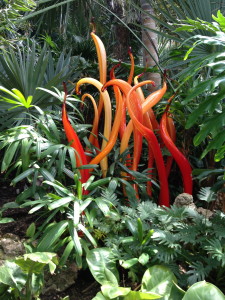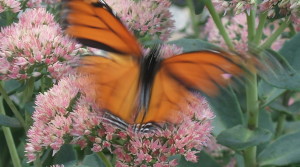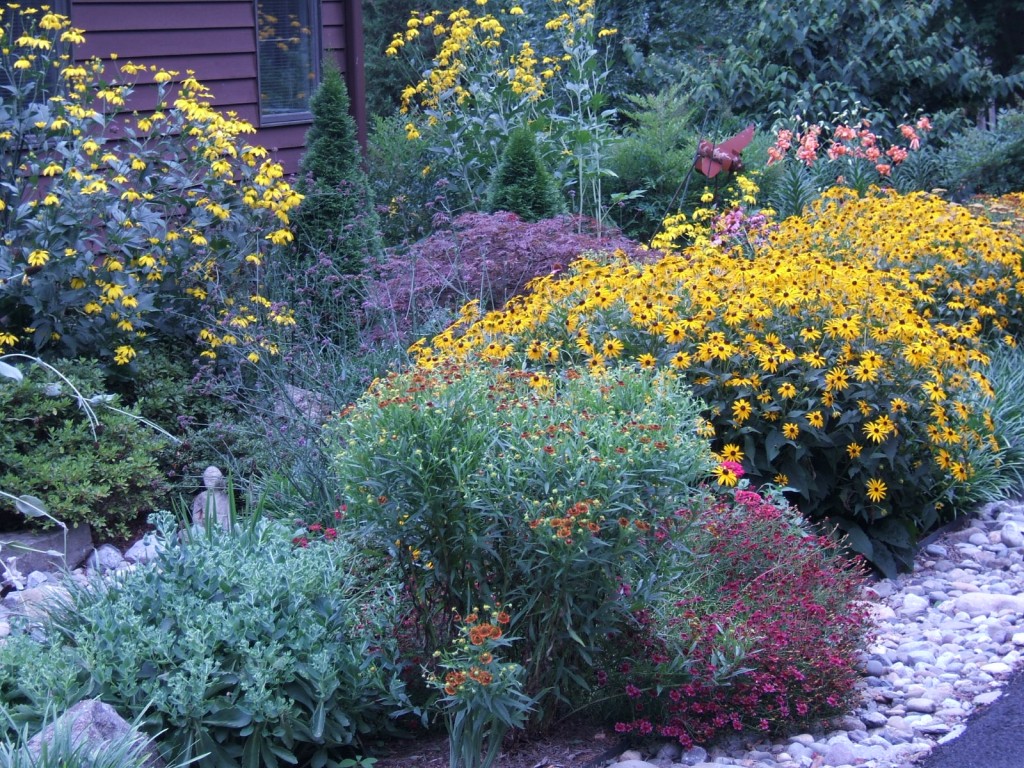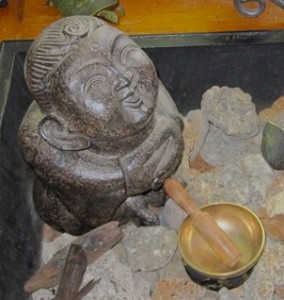I’m home from a great weekend in Pittsburgh, where I spent my days with other writers as we explored the genre of Creative Nonfiction, hosted by the magazine of the same name. Held at the University Club at the University of Pittsburgh, the setting was perfect. I stayed in a hotel in the neighborhood and enjoyed my morning and late afternoon walks back and forth. Though I’m not one for sitting for long periods of time, my interest was held firmly by the presentations and the information I received.
Friday was all about the publishing process. Presentations about the role of literary magazines in a writer’s career, self-publishing, the benefits of going with a small press, and crowdfunding by experts in the their fields were helpful.
I especially enjoyed talks by Dinty W. Moore, writer and editor of Brevity, an online magazine that publishes creative nonfiction essays of 750 words or less. Lee Gutkind, founder and editor of Creative Nonfiction magazine, imparted with great wisdom and enthusiasm, his love for the genre along with its history. He is considered by Vanity Fair, to be the Godfather behind the nonfiction movement.
Editor and agent, Emily Loose, brought insight to the ever changing landscape of the publishing industry, helping us to explore the pros and cons of both traditional publishing and self publishing. For those interested in crowdfunding, CEO of Inkshares, Larry Levitsky, spoke about his company. Hattie Fletcher, of In Fact Books, and Michael Simms, of Autumn House Press, discussed working with a small press.
Saturday, was my favorite part of the conference. “Style & Substance: The Craft of Creative Nonfiction,” and it’s various aspects were discussed by Dinty W. Moore and Lee Gutkind. They were followed by novelist and memoir writer, Jane Bernstein and then memoirist and nonfiction writer, Peter Trachtenberg. I was inspired by every word they had to say and felt I’d fallen into a delicious garden of wisdom. As a result, I’m beginning the rewrite of my book all over again to hopefully include some of the ideas they passed on. That same afternoon I had a private consultation with Emily Loose, who gave me some excellent advice about approaching an agent and the need to take one’s time in the editing process.
On Sunday morning I went a writing session where CNF’s Boot Camp style of writing prompts and motivational techniques were used. I discovered that I have more difficulty writing with pen and paper than I do writing on my computer. It used to be just the opposite. In the afternoon, I met with Dinty Moore and six other writers for a critique of the work we had all brought to the conference. It was extremely helpful and validated the thoughts I’d had the previous day about how to make my memoir even better than it already is :-). I loved it.
In between all that, I was given a fantastic tour of the Phipps Conservatory and Botanical Garden, by a fellow writer and new friend. I loved seeing the glasswork of Dale Chihuly, tucked into the lushness of the gardens. I also helped my husband, scout out St. Anne Cemetery for the graves sites of several of his ancestors. He spent his weekend exploring graveyards and old houses, getting ready to do some writing about his family of origin.
We also enjoyed fabulous food. Legume, a farm to table restaurant, and Paris 66, a French bistro, were Bill’s and my favorites. I even managed to stay with my gluten and sugar-free way of eating without missing the sweetness of outragious desserts or the tang of freshly baked sourdough bread right from the oven.
I would highly recommend this conference to anyone who is in the throws of starting or is in the midst of a nonfiction writing project. I learned a lot and enjoyed my time surrounded by other writers, all of whom had their own wisdom to share. I enjoyed the laid back atmosphere without sales hype, just the passing along of valuable information. Maybe I’ll go again next year!





